Best Companion Plants For Lemon Balm
Introduction
Lemon balm (Melissa officinalis) is a popular herb that is known for its lemony scent and calming properties. It is a perennial plant that can grow up to 2 feet tall and wide. Lemon balm is easy to grow and can be propagated from seed or cuttings. It prefers full sun and well-drained soil.
Lemon balm is a beneficial plant to have in the garden for a number of reasons. It can repel pests, attract pollinators, and improve the flavor of other plants. It is also a good companion plant for a variety of other herbs and vegetables.
Main Content
Here are some of the best companion plants for lemon balm:
- Basil: Basil is a popular herb that is known for its delicious flavor. It is also a good companion plant for lemon balm because it can help to repel pests. Both basil and lemon balm have strong scents that can deter insects such as mosquitoes, flies, and cabbage moths.
- Dill: Dill is another herb that is known for its strong scent. It can help to repel pests such as cabbage moths, carrot flies, and aphids. Dill can also help to improve the flavor of carrots, tomatoes, and cucumbers.
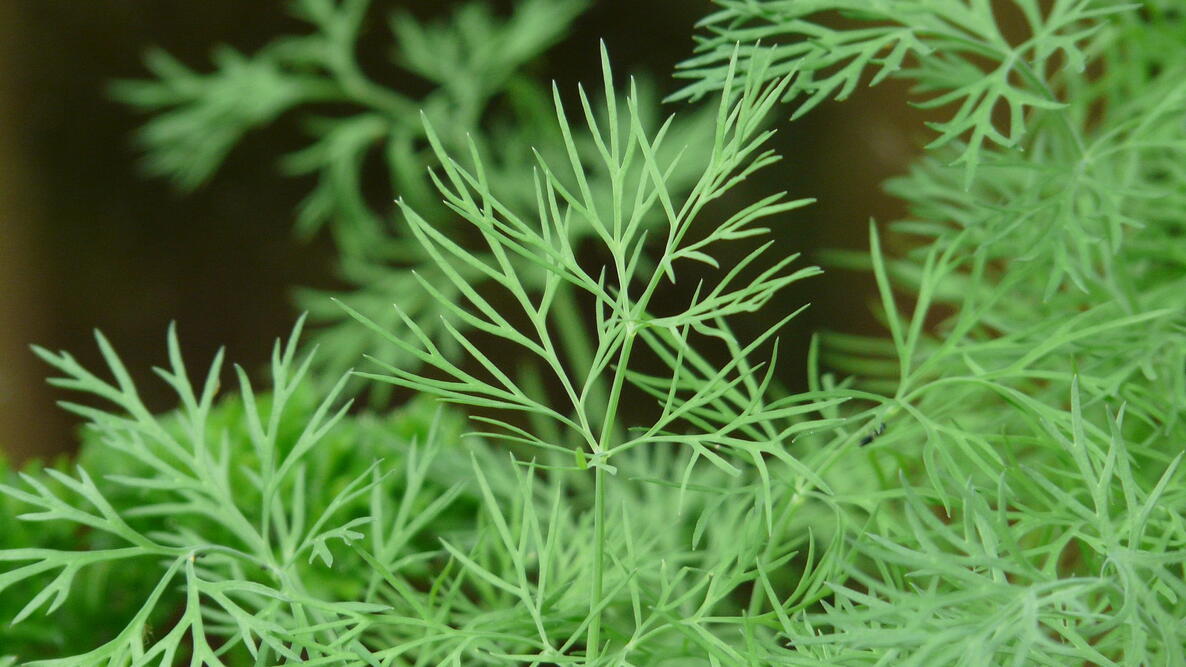
- Squash: Squash plants can benefit from the presence of lemon balm because it can help to repel pests such as squash bugs and cucumber beetles. Lemon balm can also help to improve the flavor of squash.
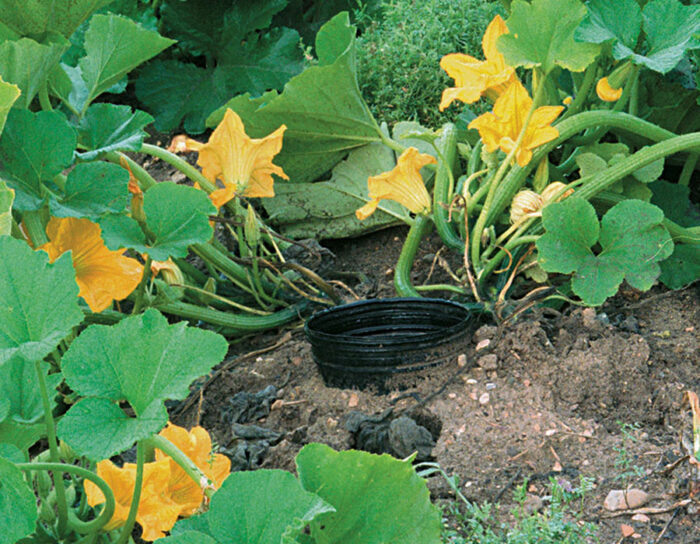
- Broccoli: Broccoli plants can benefit from the presence of lemon balm because it can help to repel pests such as cabbage moths and aphids. Lemon balm can also help to improve the flavor of broccoli.

- Tomatoes: Tomatoes plants can benefit from the presence of lemon balm because it can help to repel pests such as whiteflies and aphids. Lemon balm can also help to improve the flavor of tomatoes.
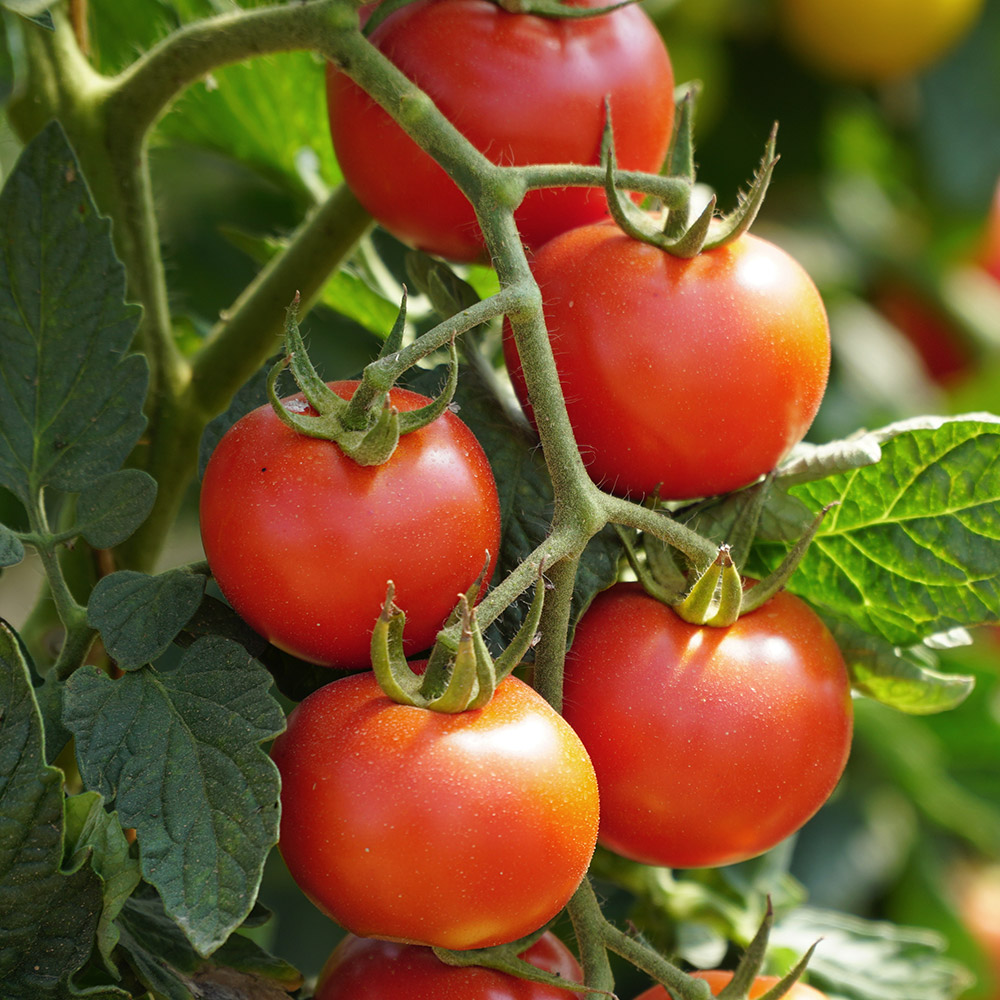
- Mint: Mint is a popular herb that is known for its strong scent. It can help to repel pests such as mosquitoes, flies, and ants. Mint can also help to improve the flavor of other herbs such as basil and oregano. However, mint can be invasive, so it is important to plant it in a container or in an area where it can spread without becoming a problem.
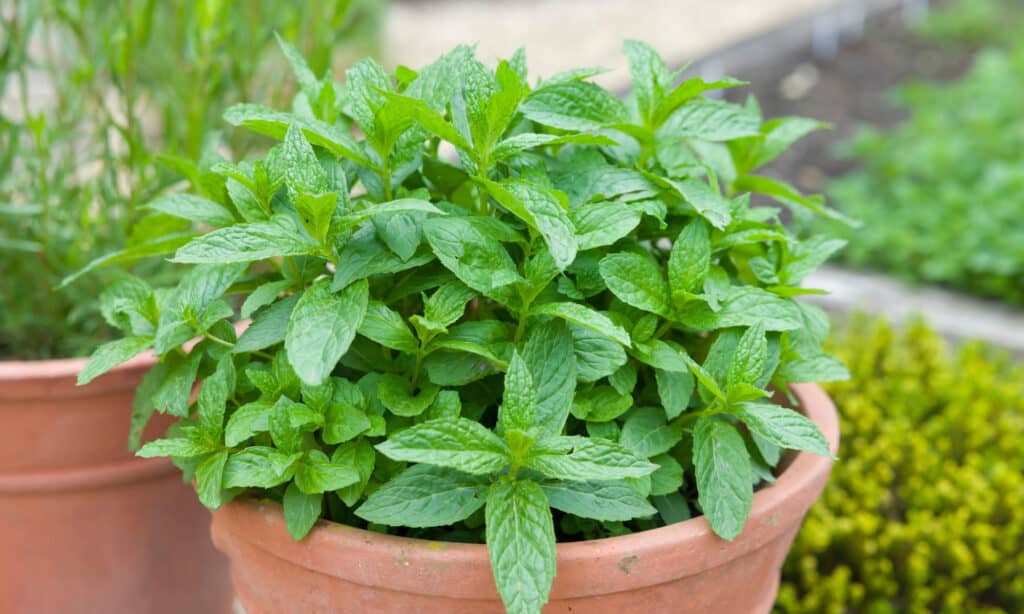
- Carrots: Carrots plants can benefit from the presence of lemon balm because it can help to repel pests such as carrot flies. Lemon balm can also help to improve the flavor of carrots.

- Radishes: Radish plants can benefit from the presence of lemon balm because it can help to repel pests such as flea beetles. Lemon balm can also help to improve the flavor of radishes.
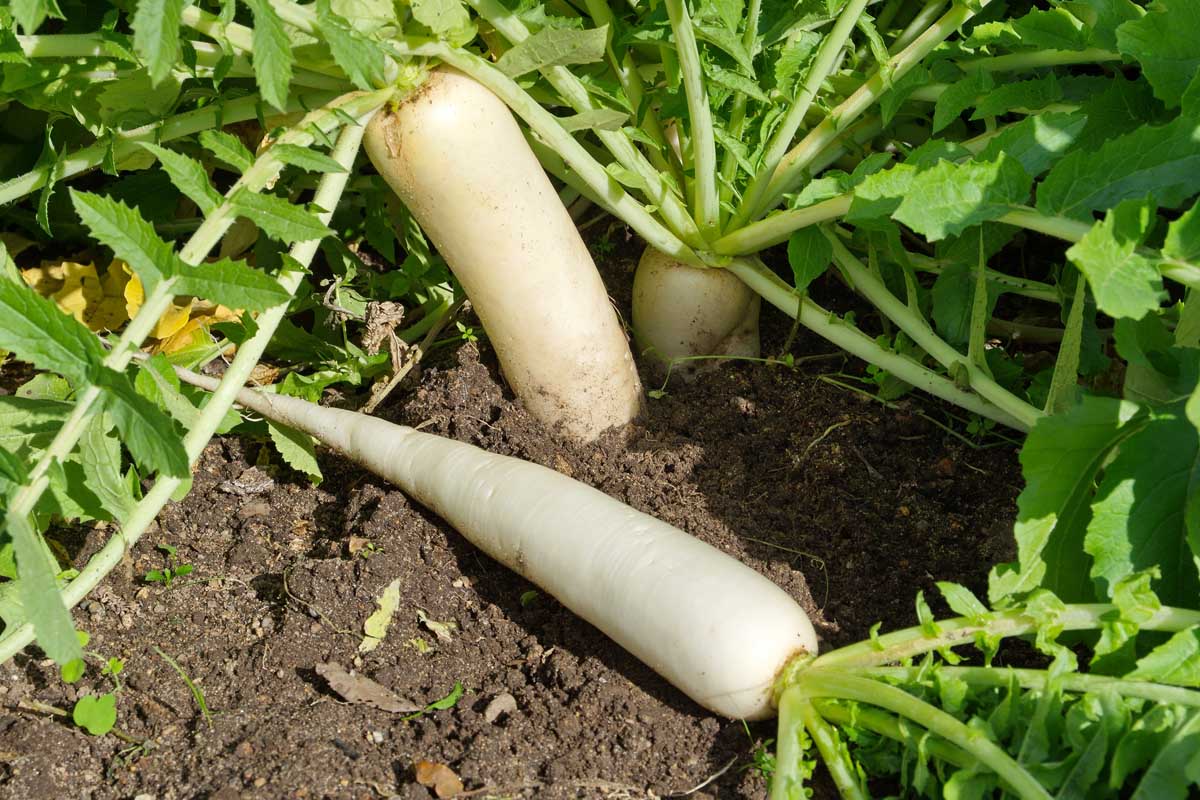
- Beetroots: Beetroot plants can benefit from the presence of lemon balm because it can help to repel pests such as leafhoppers and aphids. Lemon balm can also help to improve the flavor of beetroots.
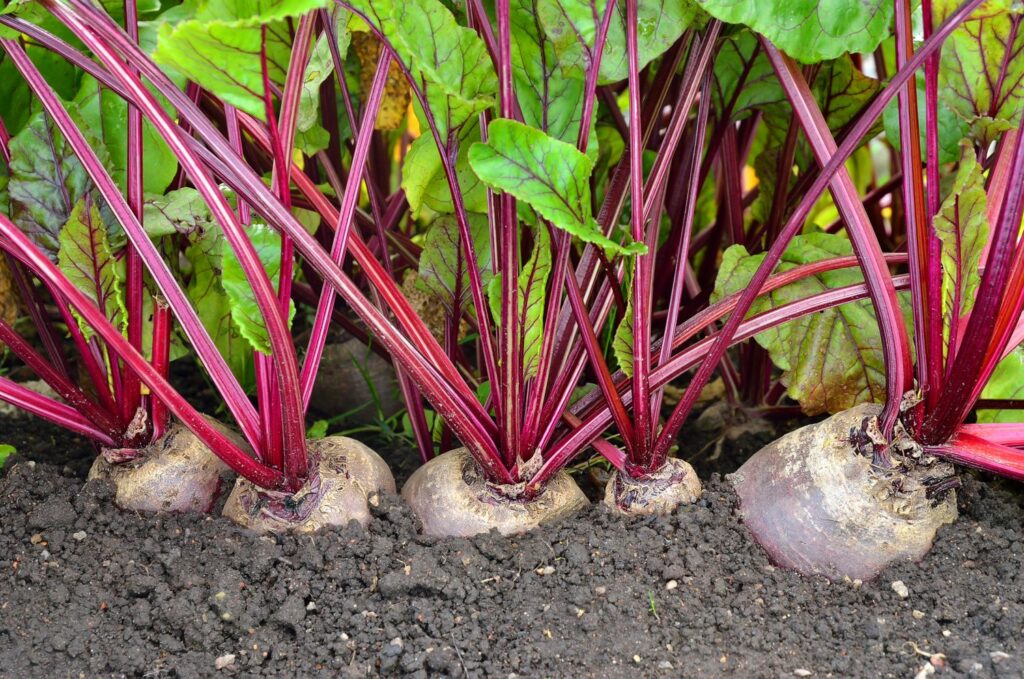
- Alliums: Alliums, such as garlic, onions, and chives, can help to repel pests such as aphids, cabbage moths, and carrot flies. They can also help to improve the flavor of other plants.
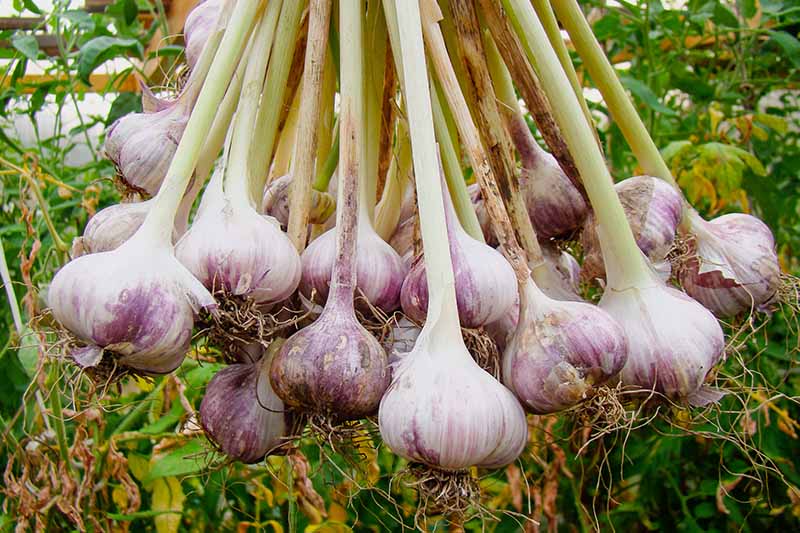

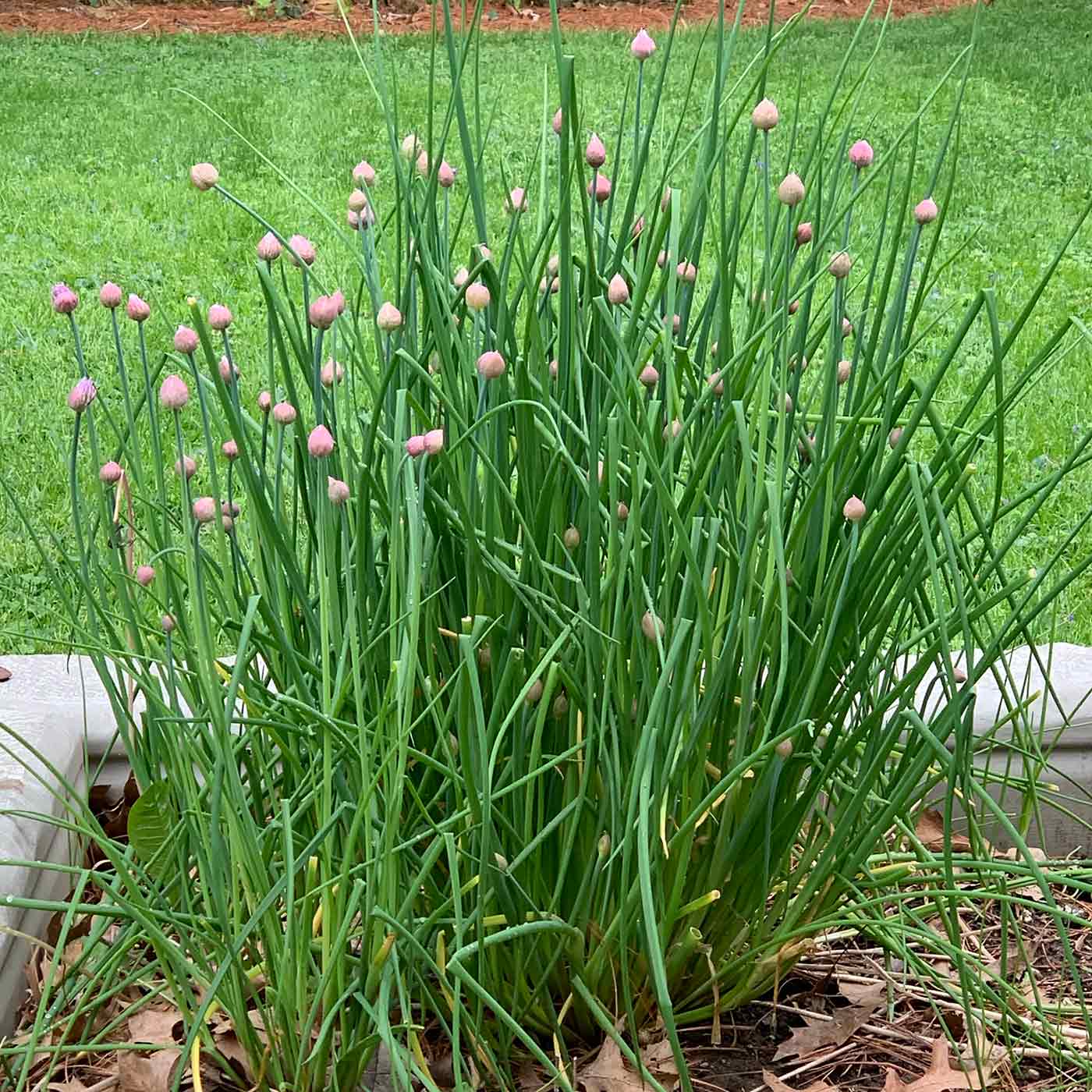
- Fruit trees: Lemon balm can be planted near fruit trees to help repel pests such as aphids, spider mites, and whiteflies. It can also help to improve the flavor of the fruit.

In addition to these plants, lemon balm can also be planted near flowers such as marigolds, cosmos, and sunflowers. These flowers attract pollinators such as bees and butterflies, which can help to improve the pollination of nearby plants.
Conclusion
Lemon balm is a versatile herb that can be used in a variety of ways. It is also a beneficial plant to have in the garden because it can repel pests, attract pollinators, and improve the flavor of other plants. By planting lemon balm near compatible plants, you can create a healthy and productive garden.
FAQ of companion plants for lemon balm
Q: What are some good companion plants for lemon balm?
A: Lemon balm is a versatile herb that can be paired with a variety of other plants. Some of its best companion plants include:
- Dill: Dill helps to repel pests from lemon balm, such as cabbage moths and carrot flies.
- Basil: Basil and lemon balm have similar growing conditions and can help to improve each other's flavor.
- Squash: Lemon balm can help to deter squash bugs from squash plants.
- Broccoli: Lemon balm can help to improve the flavor of broccoli and may also help to deter cabbage moths.
- Tomatoes: Lemon balm can help to repel tomato hornworms from tomatoes.
Q: What are some bad companion plants for lemon balm?
A: Lemon balm should not be planted near lavender, fennel, or black walnut trees. These plants can compete with lemon balm for water and nutrients, and they may also release chemicals that can stunt lemon balm's growth.
Q: Can lemon balm be planted near mint?
A: Yes, lemon balm can be planted near mint. In fact, the two herbs can actually help to improve each other's growth. Lemon balm can help to deter pests from mint, and mint can help to improve the drainage of the soil around lemon balm.
Q: How far apart should lemon balm plants be planted?
A: Lemon balm plants should be planted about 18 inches apart. This will give them enough space to grow and spread without crowding each other out.
Q: How do I care for companion plants with lemon balm?
A: Lemon balm is a relatively low-maintenance herb. It prefers full sun and well-drained soil. Water lemon balm regularly, especially during hot, dry weather. Fertilize lemon balm every few months with a balanced fertilizer.
Image of companion plants for lemon balm
- Tomatoes: Lemon balm can help to repel tomato hornworms and other pests.
- Cabbage family: Lemon balm can help to repel cabbage moths and other pests that target cabbage family plants.

- Squash: Lemon balm can help to repel squash bugs and other pests that target squash plants.

- Fruit trees: Lemon balm can help to attract pollinators to fruit trees, which can help to increase fruit production.
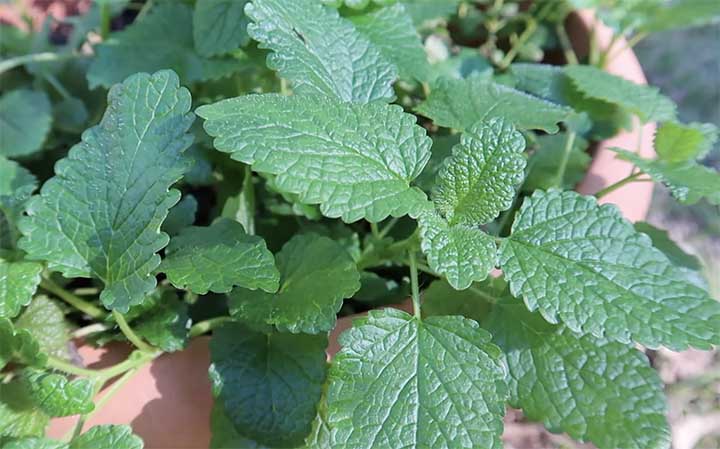
- Flowers: Lemon balm can help to repel pests and attract pollinators to flowers, which can help to improve the appearance of your garden.

Post a Comment for " Best Companion Plants For Lemon Balm"